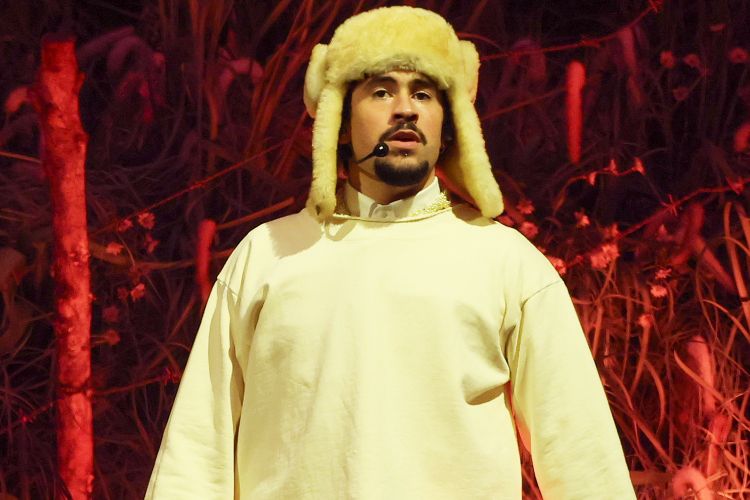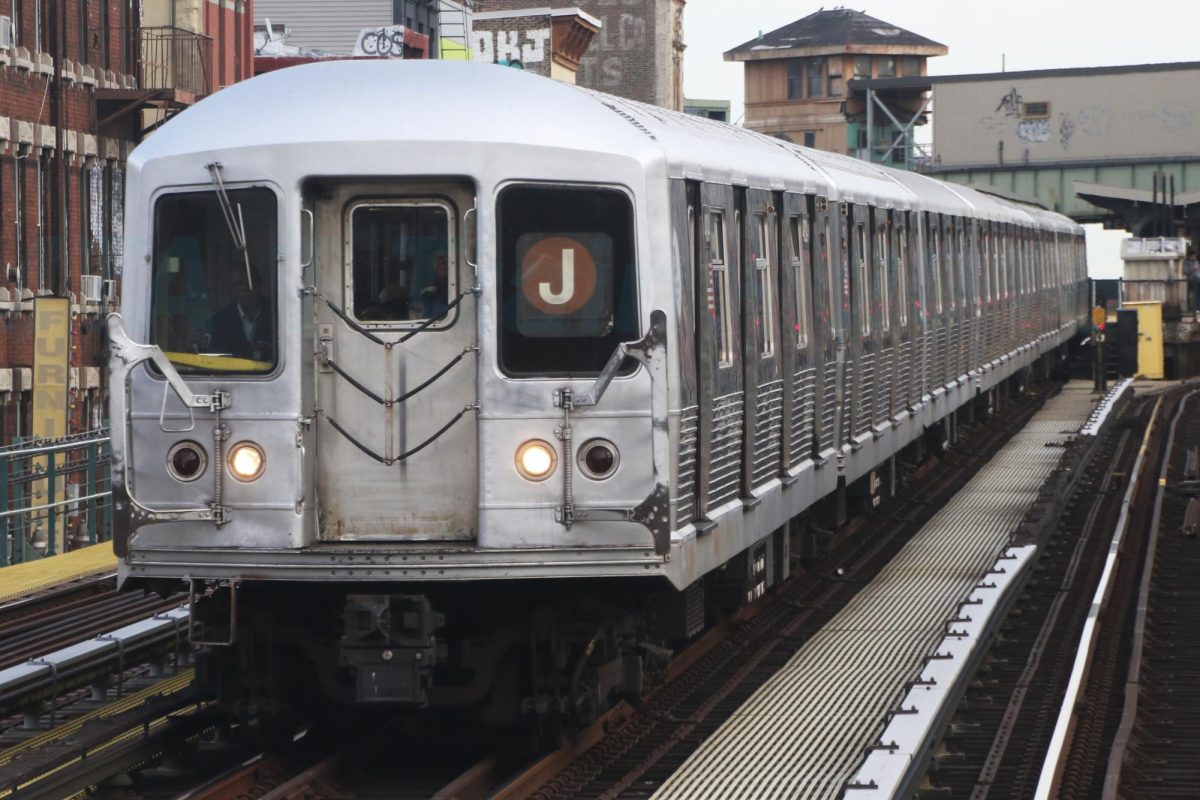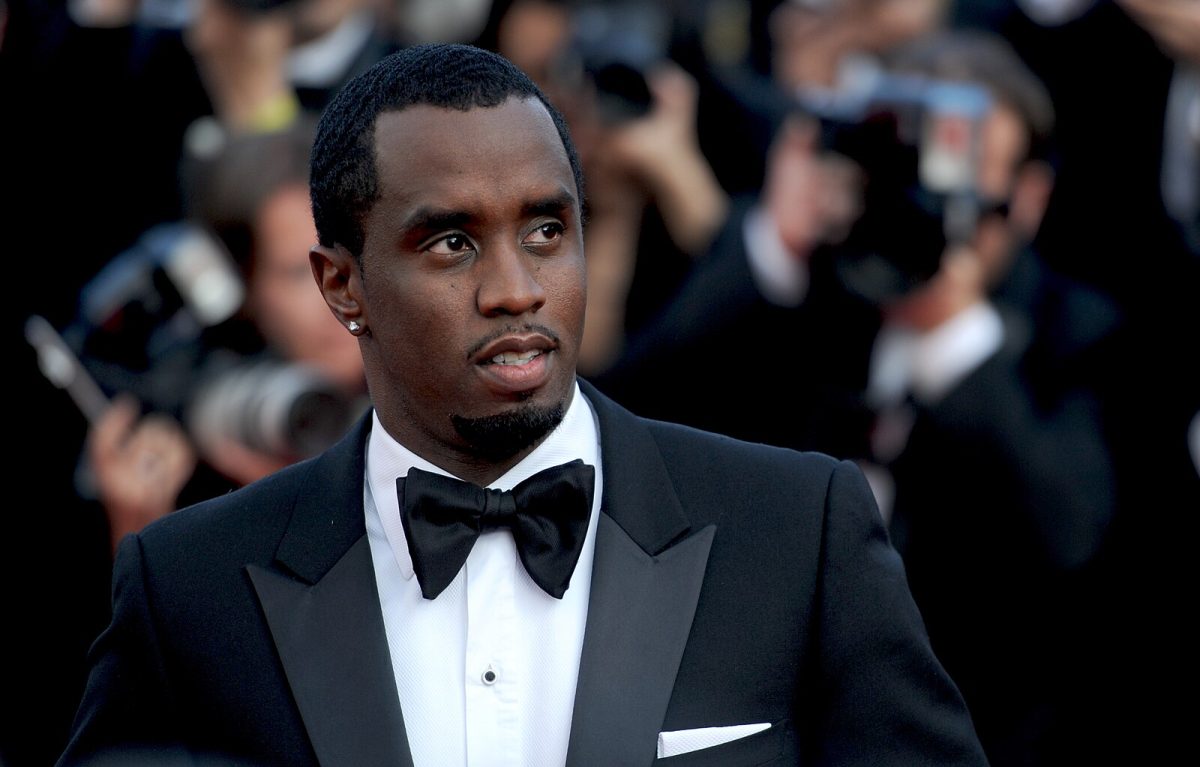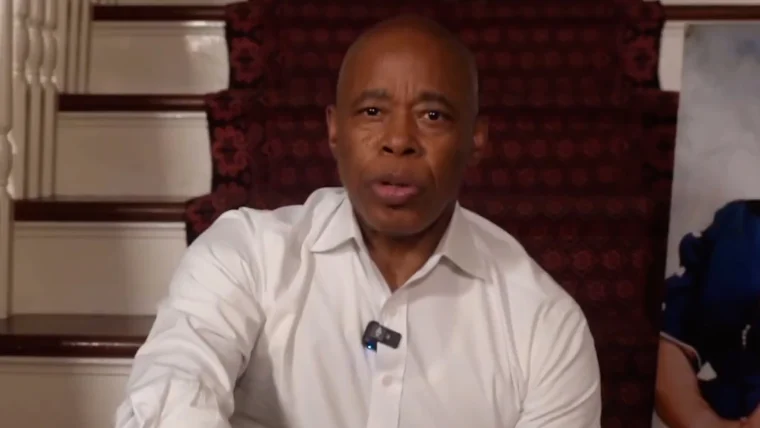When the National Football League (NFL) announced Bad Bunny as the headliner for Super Bowl LX, the internet erupted in excitement. The Puerto Rican megastar, known for blending reggaetón, trap and unapologetic political commentary, seemed like the perfect choice to electrify Levi’s Stadium in Santa Clara, California. But that excitement quickly gave way to outrage after news broke that U.S. Immigration and Customs Enforcement (ICE) would be patrolling the event, an unprecedented move that has turned the halftime show into a flashpoint for debates about immigration, identity and who feels welcome on America’s biggest stage.
The announcement came from Homeland Security Secretary Kristi Noem, who told conservative commentator Benny Johnson that ICE agents “will be all over that place.” She claimed the decision was about “protecting law-abiding Americans” and ensuring attendees “can enjoy it and leave safely.” The Department of Homeland Security later confirmed the deployment, framing it as a standard safety measure for a high-profile event.
But critics say there’s nothing standard about it.
Immigration advocates and civil rights groups have blasted the plan as xenophobic, warning that the presence of immigration officers at a sporting event could lead to racial profiling and discourage attendance from immigrant communities.
For many fans, the symbolism feels impossible to ignore. Bad Bunny, born Benito Antonio Martínez Ocasio, has long used his platform to highlight Puerto Rican identity, colonialism and the immigrant experience. His lyrics often celebrate the Latin(x) communities while criticizing government overreach and corruption.
Being that the first Puerto Rican headliner of the Super Bowl would perform under ICE surveillance feels, to many, like a cruel irony.
The controversy arrives at a politically charged moment. Earlier this year, Noem doubled down on immigration enforcement in major “public arenas,” claiming such spaces were “not exempt from federal law.” Her comments echoed those of Corey Lewandowski, a Department of Homeland Security adviser, who told ABC 7 Chicago that “there is nowhere you can provide safe haven to people who are in the country illegally, not the Super Bowl, not anywhere else.”
The NFL, in response to mounting public scrutiny, issued a brief statement emphasizing its collaboration with law enforcement agencies “to ensure the safety and security of all fans.” The league declined to address ICE’s role directly. While ICE has participated in security coordination for large events before, visible patrols and on-site enforcement represent an escalation.
Critics argue the move could dissuade immigrant families from attending, particularly those from Latin American and Caribbean backgrounds, ironically, the same audiences that have helped propel Bad Bunny into global superstardom.
On social media, fans have turned frustration into protest. Hashtags like #ICEOutTheSuperBowl and #LetBenitoPlay have trended across X (formerly Twitter) and Instagram. Many users have pointed out the contradiction between celebrating Latin culture onstage and criminalizing it in the stands.
Bad Bunny has yet to comment publicly on ICE’s involvement, but the silence has only amplified speculation about how he might respond during his performance. Known for politically charged statements on stage, from advocating for LGBTQ+ rights to condemning colonial exploitation, fans are already predicting that the halftime show could turn into one of the most politically resonant performances in Super Bowl history, alongside Kendrick Lamar’s Super Bowl LIX performance.
Still, the broader implications of ICE’s presence reach beyond the halftime show. The agency’s decision underscores the increasingly blurred line between national security and cultural policing, particularly when it comes to communities already under heightened scrutiny.
As February approaches, all eyes will be on Santa Clara, not just for the game, but for the atmosphere surrounding it. Whether ICE’s involvement will enhance safety or deepen distrust remains to be seen.
For now, the Super Bowl, unconsciously defined as a unifying celebration of sport and entertainment, is shaping up to be something much more complicated: a stage where questions of belonging, visibility, and surveillance collide.
And as one fan put it online, “If Bad Bunny can’t perform without ICE in the crowd, what does that say about who America’s really cheering for?”








